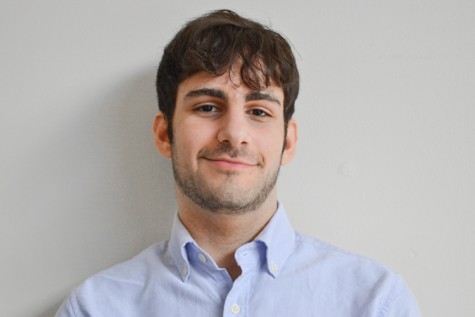Student Knowledge of Caucuses and Primaries
February 17, 2016
This year marks an election year, and as the year begins, Americans are subjected to a level of media bombardment like never before. From televised debates to controversial remarks, there always seems to be a new headline related to the 2016 presidential election.
But the election process begins long before Election Day, falling on November 8 this year. Almost two years before, presidential hopefuls announced their candidacy. They raised as many funds as possible and traveled across the country in newly-furnished campaign buses, hoping to gain supporters.
On Tuesday, February 1, the first caucus of the 2016 presidential race was held in the state of Iowa. But the question on the minds of Roosevelt’s students is, “What is a caucus anyways?”
Many students were clueless as to the meaning of the word. “I don’t know what a caucus is. Does it have something to do with the election?” said senior Monica Walton.
Freshman Marissa Curry had heard the term used in reference to the Congressional Black Caucus, an organization representing Black members of the United States Congress. “It’s a group of wealthy African American people that get together and have parties,” said Curry.
Students were more confident, however, when asked to describe a political primary. “It’s a group of people that come together to vote on a presidential candidate,” said Senior Bruno To. Curry described a primary as “what [citizens] use to decide the next Republican or Democratic candidate.”
Fortunately, Government teacher Mr. Robertson clarified their meanings. “A caucus is a kind of a town hall meeting where people vote for their preferred candidate.” “Primaries are more formal elections where voters finalize who they will send to the National Conventions.”
Although many students said they could not distinguish between a caucus and a primary, these political events are two of the most important in any presidential race.



